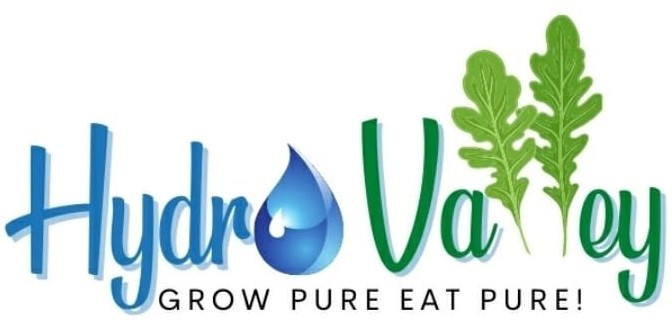Hydroponics is revolutionizing the world of agriculture by offering a soil-free way to grow plants that is both efficient and environmentally friendly. This innovative farming method involves growing plants in a nutrient-rich water solution, allowing them to thrive without traditional soil. As the world faces challenges like soil degradation, water scarcity, and the need for local food production, hydroponics offers a sustainable alternative to conventional farming.
One of the primary advantages of hydroponics is its efficiency in water usage. In traditional farming, a significant amount of water is lost to soil absorption and evaporation. Hydroponics, however, circulates water directly to plant roots, allowing it to be reused in a closed-loop system. This approach can reduce water usage by up to 90%, making hydroponics an attractive option in regions prone to drought or with limited water resources. Furthermore, by using water more efficiently, hydroponics helps decrease the agricultural sector’s impact on the environment.
Space efficiency is another benefit of hydroponic farming, as plants can be grown vertically or in compact setups, maximizing yield per square foot. This is particularly valuable in urban areas, where traditional farmland is limited. Vertical hydroponic farms can be set up in cities, transforming unused spaces into productive farms that supply fresh produce locally. By growing food closer to consumers, hydroponics reduces the need for transportation, leading to a lower carbon footprint and fresher produce for urban residents.
Hydroponics also allows for precise control over nutrient levels, creating optimal conditions for plant growth. In a hydroponic system, nutrients are delivered directly to the plants, allowing for faster growth rates and higher yields than traditional soil-based farming. This control over nutrients minimizes waste and ensures that plants receive exactly what they need without any harmful chemicals. As a result, hydroponics can produce high-quality, pesticide-free food, appealing to health-conscious consumers looking for cleaner, more sustainable food sources.
Another advantage of hydroponics is its ability to grow crops year-round, independent of seasonal changes or extreme weather conditions. Indoor hydroponic farms, often equipped with LED lights, can simulate sunlight, enabling farmers to grow crops even in winter or in regions with harsh climates. This stability in food production not only contributes to food security but also allows farmers to predict yields more accurately, leading to a more stable supply chain and reduced food waste.
Hydroponics is a promising solution to some of the world’s most pressing agricultural challenges. With its water-saving techniques, space efficiency, and ability to produce fresh food locally, hydroponics could reshape the future of farming. By investing in and supporting hydroponic systems, communities can move towards more sustainable and resilient food systems that benefit both people and the planet. As technology continues to advance, hydroponics holds the potential to play a pivotal role in feeding the world while minimizing environmental impact.



